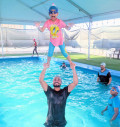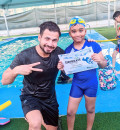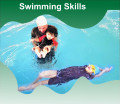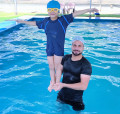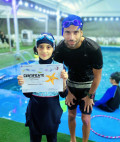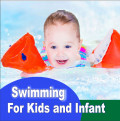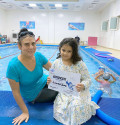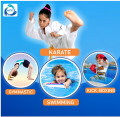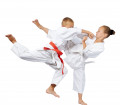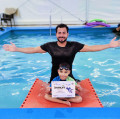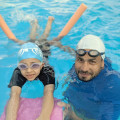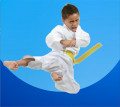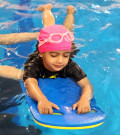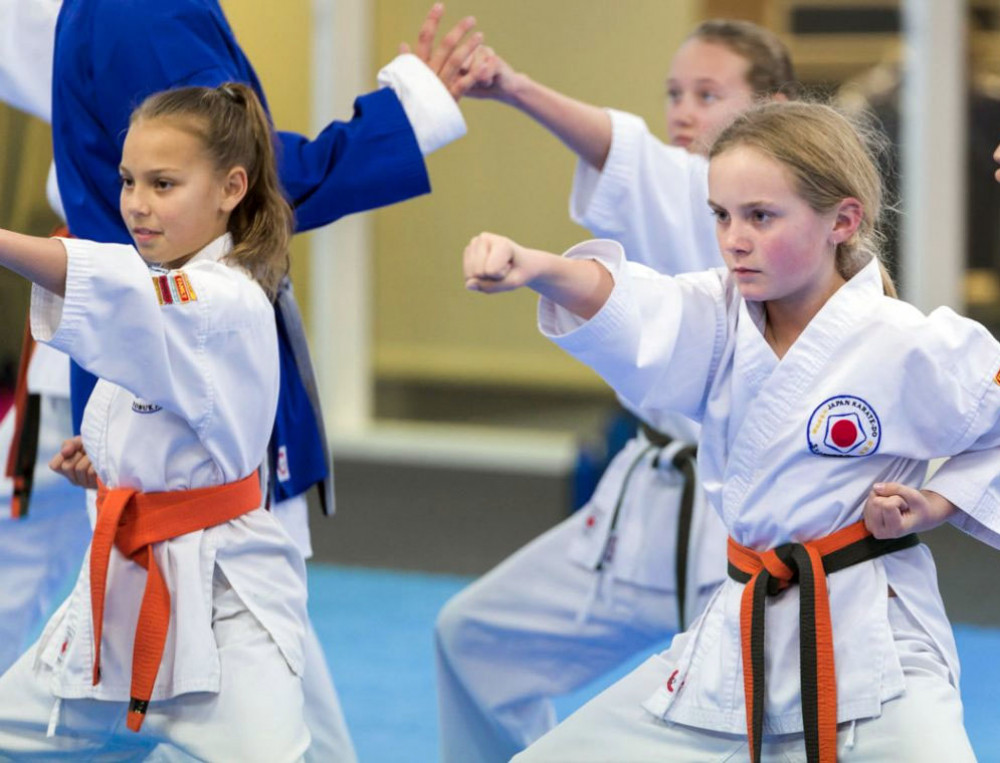
Karate is important for kids: How to Start
2023-11-10 - karateKarate, a martial art with its origins in Okinawa, Japan,
has gained immense popularity worldwide. While it's known for its self-defense
aspects and physical prowess, it also offers a plethora of benefits for children.
In this article, we will explore why Karate is important for kids and provide a
comprehensive guide on how to get them started on this enriching journey.
Physical Benefits
Enhancing Physical Fitness
Karate involves a wide range of movements, from kicks and
punches to stances and blocks. This physical activity helps children develop
strength, flexibility, and endurance. As kids progress in their Karate
training, they will notice improvements in their overall physical fitness.
Developing Self-Defense Skills
In an increasingly unpredictable world, knowing how to
protect oneself is invaluable. Karate equips kids with essential self-defense
skills, enabling them to stay safe and confident in challenging situations.
Improving Coordination and Balance
Karate's precise movements demand a high degree of
coordination and balance. By practicing these skills, children can improve
their motor skills and body awareness, which can be beneficial in various
aspects of life.
Mental Benefits
Building Self-Confidence and Discipline
Karate instills a sense of accomplishment in children as
they progress through different belt levels. This achievement boosts their
self-confidence and fosters discipline, teaching them to set goals and work
diligently to achieve them.
Enhancing Focus and Concentration
The practice of Karate requires unwavering focus and
concentration. This not only improves a child's ability to pay attention but
also positively impacts their academic performance and problem-solving skills.
Managing Stress and Anxiety
Karate offers an outlet for children to release stress and
anxiety in a constructive manner. The discipline and self-control learned in
Karate can help kids manage their emotions effectively.
Social Benefits
Encouraging Teamwork and Respect
Karate dojos (training centers) promote an atmosphere of
respect and cooperation. Kids learn to work together with their peers,
fostering teamwork and respect for others.
Nurturing a Sense of Responsibility
Through regular training and progression in Karate, children
understand the importance of responsibility and dedication. They learn that
their actions have consequences, and this valuable life lesson carries over
into other aspects of their lives.
Developing Problem-Solving Skills
Karate involves strategic thinking and problem-solving
during sparring and practicing katas (pre-arranged sequences of movements).
Kids develop critical thinking skills and adaptability.
How to Start Karate
Finding the Right Dojo
Before embarking on a Karate journey, it's crucial to find
the right dojo. Research local options, visit them for observation, and check
the credentials of the instructors. A supportive and experienced instructor can
make all the difference in a child's Karate experience.
Selecting the Appropriate Class
Consider your child's age and skill level when selecting a
Karate class. There are different styles of Karate, so choose the one that
suits your child's preferences and abilities.
Understanding the Commitment
Starting Karate requires commitment from both the child and
the parents. Set realistic goals and expectations, invest in the necessary
gear, and establish a supportive routine to ensure a successful Karate journey.
Encouraging Parental Involvement
Parents play a vital role in their child's Karate journey.
They can support and motivate their kids by attending classes, providing
encouragement, and helping them stay dedicated to their practice.
Conclusion
In conclusion, Karate is not just a martial art but a
valuable life skill that offers children numerous physical, mental, and social
benefits. Starting this journey can be a transformative experience, promoting
self-confidence, discipline, and a sense of responsibility. Karate is not only
important for kids but also for their holistic development.







.jpg)















































